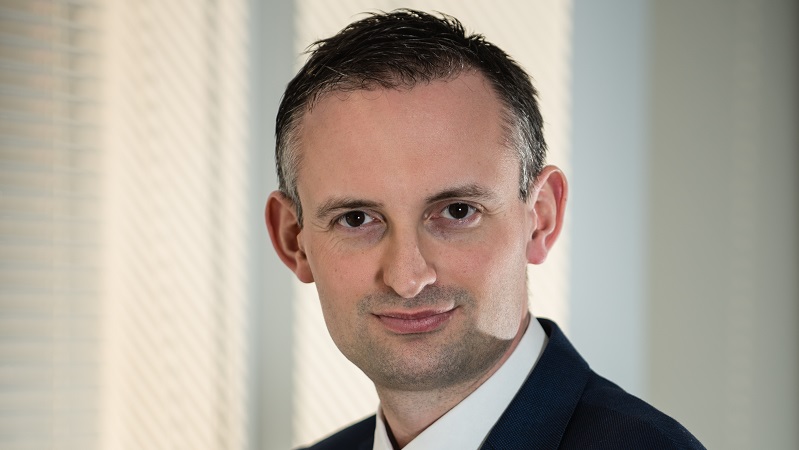This year was always going to be a big one for investment companies. The 150th anniversary of the first investment company, F&C Investment Trust, provided the perfect excuse for a much broader celebration.
But it was also a landmark year in other ways. Industry assets reached an all-time high of £189bn in September, which means they have almost doubled in size since 2013, growing faster than the open-ended industry. This was bolstered by a string of IPOs, including Smithson Investment Trust, the largest UK investment company launch ever.
It is true that most fundraising activity in recent years has been in alternative asset classes: the likes of infrastructure, property and debt. In keeping with this trend, 2018 saw launches in renewable energy (Gore Street Energy Storage), song royalties (Hipgnosis Songs) and big box logistics (Tritax Eurobox). But the year was also notable for IPOs in mainstream equity sectors. Apart from Smithson, we witnessed the birth of Baillie Gifford US Growth, Mobius Investment Trust and AVI Japan Opportunity. In total, £7.8bn was raised in IPOs and secondary fundraisings. This excludes VCTs, which brought in £745m in the tax year to April, the second-highest total ever.
For all that, it has been a tricky year. Investment companies delivered a positive return of 1.3% in the 11 months to November, outperforming a 2.6% loss among open-ended funds, but the fortunes of different sectors varied widely. Alternative assets featured strongly in the performance tables, with infrastructure, leasing and renewable energy doing their jobs as diversifiers, though the best performing sector of all was biotech and healthcare. Conversely, UK equities suffered from souring sentiment, as did smaller companies (outside the US) and emerging markets.
Encouragingly (or frustratingly, for bargain hunters) discounts have proven surprisingly resilient, standing at an industry average of 3.1% at the end of November, compared with 2.2% at the end of 2017. Even in the less fashionable UK equity sectors, average discounts have not yet reached double digits: though given the political turmoil at the time of writing, nothing can be ruled out.
Perhaps no single factor has done more to drive demand for investment companies over the past 10 years than the hunger for income, driven by interest rates that are still painfully low for savers. In 2018, the 20 ‘dividend heroes’ (investment companies with a track record of at least 20 years’ consecutive dividend increases) have continued to deliver, each one of them reporting yet another increase in annual payouts. Four companies now have a remarkable record of more than 50 years’ dividend increases, including City of London Investment Trust at 52 years. While no guarantee, such a record is highly prized by investors and provides some comfort during more turbulent markets.
Market volatility has not been the only challenge facing the investment company industry this year. My colleague Annabel Brodie-Smith recently wrote for Portfolio Adviser about the AIC’s campaign to spread the word about the dangers of Key Information Documents (Kids). Hard-wired into the Kid methodology is that risks will be understated, and potential future performance much exaggerated, after a period of positive performance, while following a poor period the reverse will be true. The encouragement of a ‘buy high, sell low’ philosophy reinforces investors’ worst tendencies. We have urged immediate action on both a UK and European level to address these dangers.
Meanwhile, investment companies are by no means exempt from the pressure to deliver value for money. Boards have been active during 2018, as they have in every year since RDR, to trim costs where they can. We have seen 35 investment companies reduce fees this year, more than 10% of the industry, which can only be good news for investors.
As we conclude our celebrations of investment companies’ 150th anniversary, we find ourselves in a fortunate position. Our industry has never been larger; it has rarely been as dynamic or innovative. While no one knows what 2019 will bring, we remain confident in the ability of the investment company structure to amplify the long-term performance of the best active managers.
Nick Britton is head of intermediary communications at the AIC







